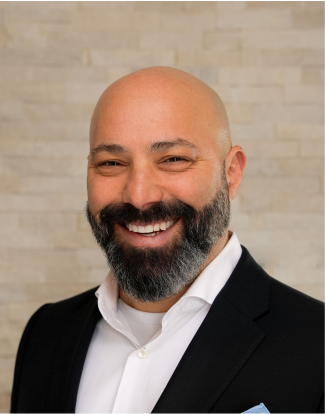7 quick actions you can take this month to improve your financial health in 2022.
Summary
The coming year will continue to be challenging for many individuals, households and businesses. We expected the disruption to our daily lives and the threat to our vulnerable loved ones to be mostly over by now, but the pandemic drags on. Along with it, our emotional health and the health of our economy suffer.
We’ve seen significant volatility in the stock markets in the early going and can expect this to last well into the second quarter of the year. Companies are facing staffing shortages and good and services are becoming harder to find.
We can, however, work on our finances to put them in the best shape possible to weather the uncertainty and position ourselves as well as possible when things normalize. So let’s look at a few key financial actions you should consider this month to start off your financial year strong:
1. Financial Plan
Review your retirement plan with your advisor. Make sure you’re on track for this year and the next three to five. Don’t have a financial plan? Get one. Now.
2. Pay off the holidays
For many – those who have lost their jobs or had their income reduced – the Holidays were once again a very difficult time last year, for sure. For most of those who didn’t face those financial challenges last month, the Holidays were still likely more modest than in the past. If you used credit to pay for the Holidays, your focus should be on paying that down as soon as possible.
3. TFSA
For 2022, the Tax-Free Savings Account contribution limit remains $6000. That means $81,500 in total contribution room has been made available to a Canadian who was 18 in 2009. Now is a great time to top that up if you have some cash sitting around. Not sure you can put it away long-term? The TFSA allows you to withdraw it at any time with no penalty.
Don’t have cash, but you do have a non-registered account? Move money from the non-registered account into your TFSA for long-term tax savings. Just make sure you watch out for capital gains on the existing investments. The TFSA is also the ideal place to put your tax refund this spring.
For a primer on the Tax-Free Savings Account, check out this Balance Financial article.
Learn about the differences between the TFSA and the RRSP by reading Balance Financial’s comparison.
4. Deferred sales charges (DSCs)
Many mutual fund investors who purchased fund units prior to 2020 may own units with deferred sales charges (DSCs), also known as back-end loads or redemption fees. Once the norm, these sales fees are going the way of the dodo, but can be a real impediment to proper portfolio management for those who are stuck in these fee structures. The three to seven-year fee schedules prevent fund holders from moving money between mutual funds from different companies (e.g. from a Fidelity fund to a Franklin Templeton fund). That’s why the mutual fund regulators allow you to move up to 10% annually of the value of fund units subject to DSCs into fund units that are fee-free.
5. RRSP
Those who know me know that the TFSA is my darling. Still, the RRSP has its purpose. Most Canadians struggle with the question whether to contribute to their RRSP or not, especially before March 1. If you’re unsure, talk to your advisor and look closely at how a contribution will impact your taxes today and in retirement.
Here’s Balance Financial’s look at contributing to your RRSP at age 71.
6. RRIF
Early in the year is a great time for those with a Registered Retirement Income Fund (RRIF) to review your 2022 payment amount and frequency.
Check out these Balance Financial tips for tax-efficient withdrawals from your RRIF.
7. Taxes
Everything you do that relates to your finances – investments, insurance, retirement planning, even your child’s education – can’t be done without considering the tax implications. Plus, this is the best time of the year to prepare for filing your 2021 taxes: gather and organize receipts and decide on a timeline to prepare and file your return.
8. Advisor Fees
If you’re working with an advisor, you’re paying them. Review the fees you pay and assess whether you’re getting good value for your money.
For more information, please contact Balance Financial.
Keep up to date on the latest financial advice by following us here and subscribing here.



